Fantasia 2020, Part XXV: The Born of Woman 2020 Showcase
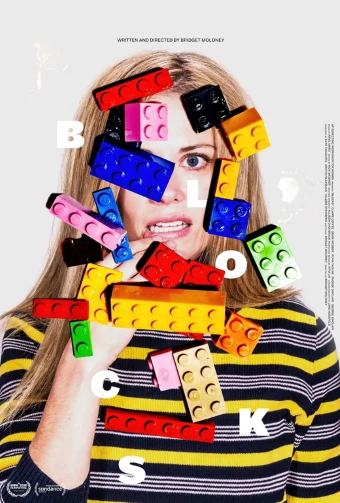 By Day 10 of Fantasia I’d started to skip the panels and special presentations. They all looked interesting to greater or lesser degrees, but while the movies were only available while the festival was still going on, the panels would stay up afterward. Still, Day 10 was an exception, with my schedule free for a panel I was particularly interested in: “New York State Of Horror,” hosted by author Michael Gingold. It took a look at how and when New York City became a setting for horror films — something unusual in the early decades of filmmaking, when horror was typically set in ancient European locales. King Kong (1933) was an obvious exception, but Gingold observed that Rosemary’s Baby was the real trail-blazer for New York horror stories in film, followed in the 70s and 80s by more tales of urban terror. It was a good discussion, with contributions from directors Bill Lustig and Larry Fessenden (Depraved). You can find it here.
By Day 10 of Fantasia I’d started to skip the panels and special presentations. They all looked interesting to greater or lesser degrees, but while the movies were only available while the festival was still going on, the panels would stay up afterward. Still, Day 10 was an exception, with my schedule free for a panel I was particularly interested in: “New York State Of Horror,” hosted by author Michael Gingold. It took a look at how and when New York City became a setting for horror films — something unusual in the early decades of filmmaking, when horror was typically set in ancient European locales. King Kong (1933) was an obvious exception, but Gingold observed that Rosemary’s Baby was the real trail-blazer for New York horror stories in film, followed in the 70s and 80s by more tales of urban terror. It was a good discussion, with contributions from directors Bill Lustig and Larry Fessenden (Depraved). You can find it here.
Following that came the 2020 edition of the “Born of Woman Showcase,” a collection of short genre films by women filmmakers. Previous editions had presented exceptional work, to the point I’ve come to see these showcases as highlights of Fantasia. This year had nine movies, ranging from science-fiction to crime to horror.
The first film was from the United States: “Come Fuck My Robot” was directed by Mercedes Bryce Morgan, and written by Morgan with Reuben Guberek, Katrina Kudlick, and Hunter Peterson, “based,” as the credits say, “on the original Craigslist ad.” A nervous virginal young man (Nicholas Alexander) answers an ad from an oddball engineer (Ian Abramson) who’s seeking a male to have sex with a robot the engineer’s created (Catherine Tapling). Absolutely nothing about the scenario unfolds as either expected. A charming, funny story about identity and consent, and about AI and gender, it’s well-acted and comedically well-timed.
Next, also from the US, was “Blocks.” Written and directed by Bridget Moloney, it follows Ashleigh (Claire Coffee), a mother of young children, who begins vomiting Lego blocks. We see her going about her daily life with her husband (Mark Webber) and friends and her friends’ kids as the vomiting becomes more common and the number of blocks grows accordingly. Anchored in a very realistic depiction of Ashleigh’s everyday life, in which the block-vomiting is the one irreal aspect, the movie works because it’s observation of Ashleigh is so sharp — whether she’s chatting with her friend about sex toys or going to other childrens’ parties or reading to her kids about intersectionality. In other words, there’s a life to her beyond the status of ‘mother,’ which helps prepare us for the conclusion of the film and what she does with the blocks, an understated but effective choice.


 ‘Weird’ is less of a concrete descriptor than might at first appear. There are multiple subcategories of weird, and different things called weird can produce very different experiences. This is especially so when a work of weirdness mixes different weird things.
‘Weird’ is less of a concrete descriptor than might at first appear. There are multiple subcategories of weird, and different things called weird can produce very different experiences. This is especially so when a work of weirdness mixes different weird things.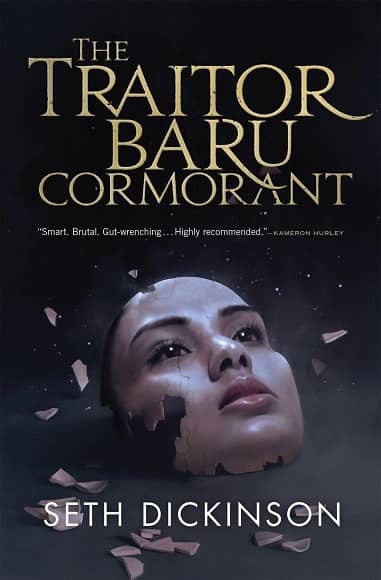
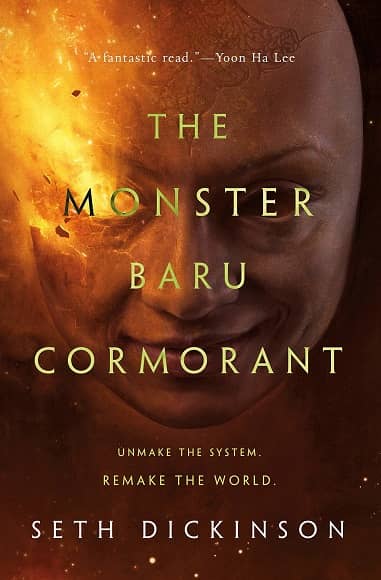
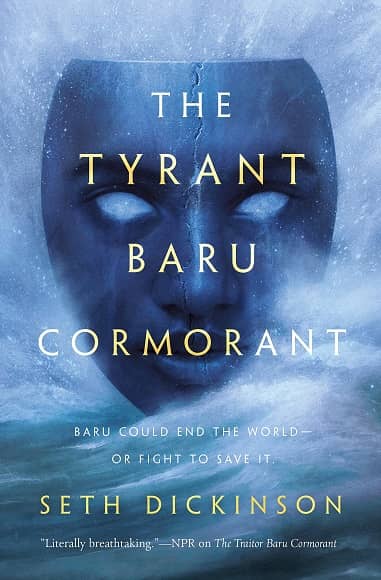
 One of the fascinating things about art is the way it speaks to its exact moment. That’s even more fascinating with film, which has such a long gestation time; write a movie, shoot the movie, then edit the movie and work on it in postproduction, and it’ll come out years after it was conceived. Which is why it was fascinating to see so many films at this year’s Fantasia that revolved around haunted houses. Occasionally the haunted building might be something like a school (as in
One of the fascinating things about art is the way it speaks to its exact moment. That’s even more fascinating with film, which has such a long gestation time; write a movie, shoot the movie, then edit the movie and work on it in postproduction, and it’ll come out years after it was conceived. Which is why it was fascinating to see so many films at this year’s Fantasia that revolved around haunted houses. Occasionally the haunted building might be something like a school (as in 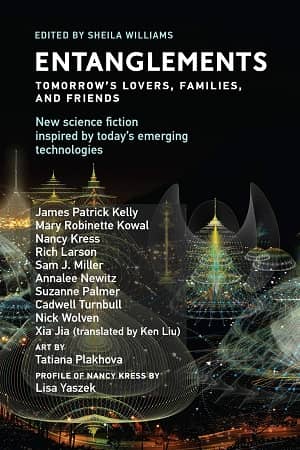
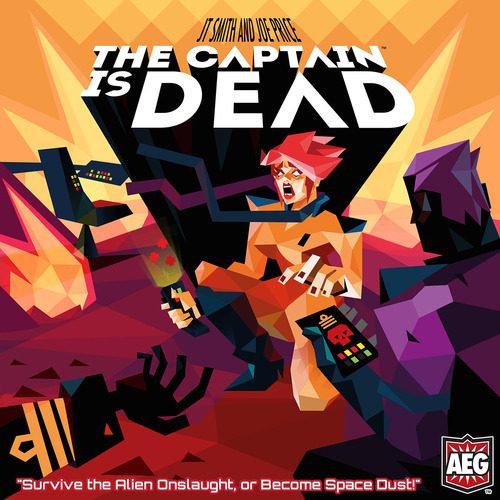 Anyone else feel like we’re living in a Golden Age of board games? Or have I just been playing more because of COVID? We’re spoiled. Gone are the days of cutting out your own cardboard counters and coloring in your own dice with a crayon.
Anyone else feel like we’re living in a Golden Age of board games? Or have I just been playing more because of COVID? We’re spoiled. Gone are the days of cutting out your own cardboard counters and coloring in your own dice with a crayon.  Day 9 of Fantasia began for me with The Block Island Sound. Directed by brothers Kevin and Matthew McManus, and written by Matthew, it’s a horror movie named for a body of water off the coast of Rhode Island. It’s the rare horror story that deals with inhuman mysteries on the northeastern coast of the United States while not feeling Lovecraftian at all.
Day 9 of Fantasia began for me with The Block Island Sound. Directed by brothers Kevin and Matthew McManus, and written by Matthew, it’s a horror movie named for a body of water off the coast of Rhode Island. It’s the rare horror story that deals with inhuman mysteries on the northeastern coast of the United States while not feeling Lovecraftian at all.